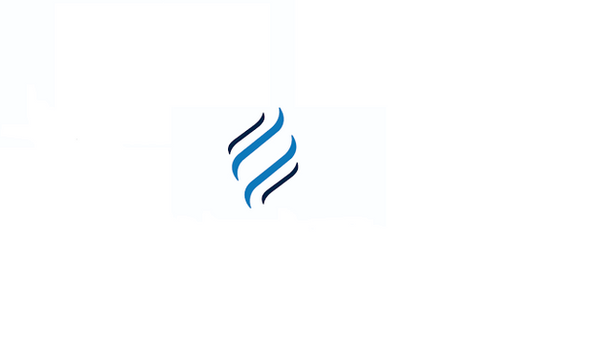Description
Recombinant Human CD27/TNFRSF7 Protein (Fc & His Tag) | PKSH032210 | Gentaur US, UK & Europe Disrtribition
Synonyms: S152;S152. LPFS2;S152.LPFS2;T14;TNFRSF7;Tp55
Active Protein: N/A
Activity: Recombinant Human CD27 is produced by our Mammalian expression system and the target gene encoding Thr21-Ile192 is expressed with a Fc; 6His tag at the C-terminus.
Protein Construction: Recombinant Human CD27 is produced by our Mammalian expression system and the target gene encoding Thr21-Ile192 is expressed with a Fc; 6His tag at the C-terminus.
Fusion Tag: C-Fc-6His
Species: Human
Expressed Host: Human Cells
Shipping: This product is provided as lyophilized powder which is shipped with ice packs.
Purity: > 95 % as determined by reducing SDS-PAGE.
Endotoxin: < 1.0 EU per µg as determined by the LAL method.
Stability and Storage: Generally, lyophilized proteins are stable for up to 12 months when stored at -20 to -80℃. Reconstituted protein solution can be stored at 4-8℃ for 2-7 days. Aliquots of reconstituted samples are stable at < -20℃ for 3 months.
Molecular Mass: 47.2 kDa
Formulation: Lyophilized from a 0.2 μm filtered solution of 20mM Tris, 150mM NaCl, pH 8.0.
Reconstitution: Please refer to the printed manual for detailed information.
Background: CD27 antigen is also known as CD27L receptor; T-cell activation antigen CD27; Tumor necrosis factor receptor superfamily member 7; T14 and TNFRSF7. In humans; it is encoded by the CD27 gene. CD27 is a single-pass type I membrane protein with 3 TNFR-Cys repeats. It is a member of the TNF-receptor superfamily and is required for generation and long-term maintenance of T cell immunity. It binds to ligand CD70; and plays a key role in regulating B-cell activation and immunoglobulin synthesis. It plays a role in survival of activated T-cells and apoptosis through association with SIVA1.
Research Area: Cancer, immunology, Stem cells






